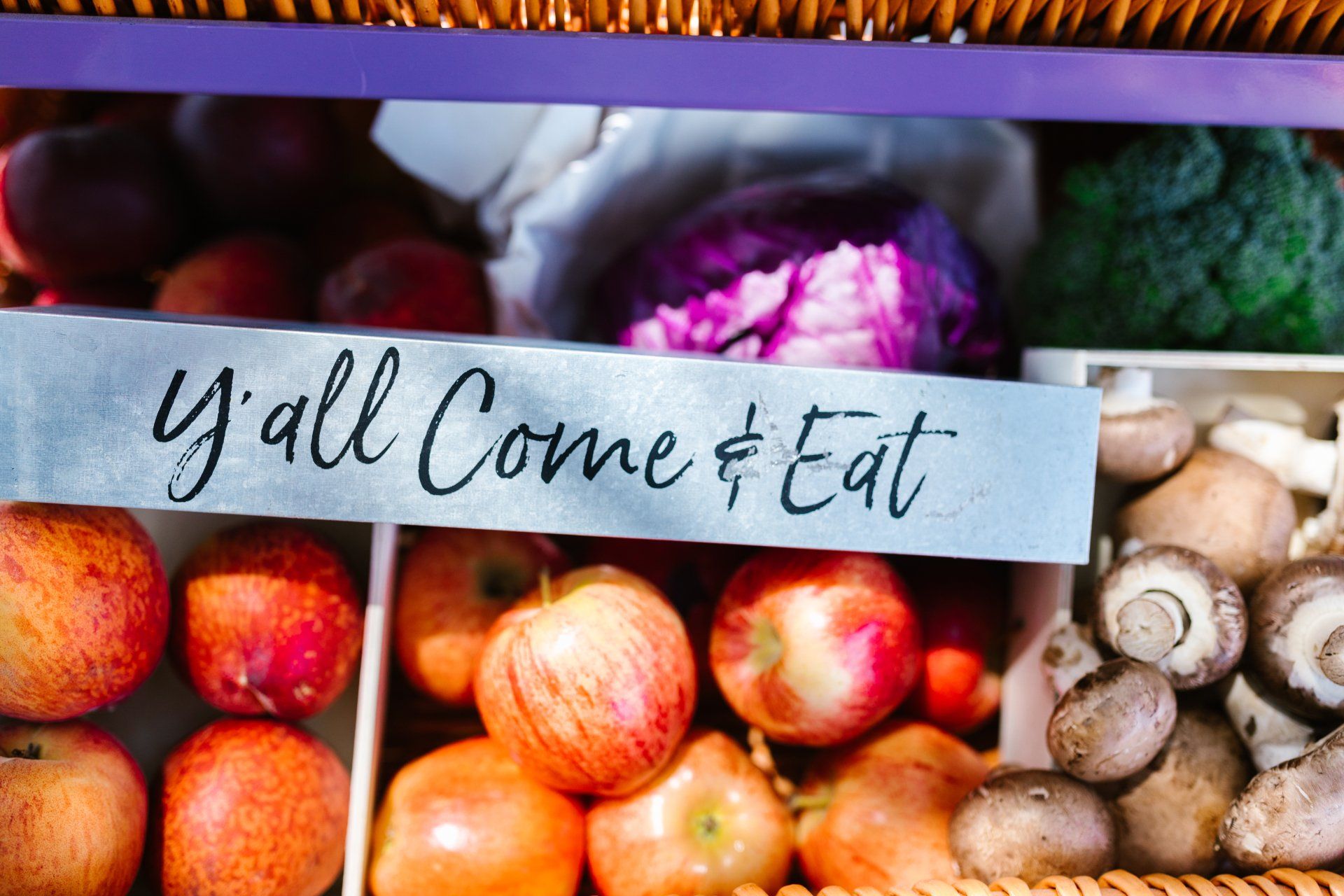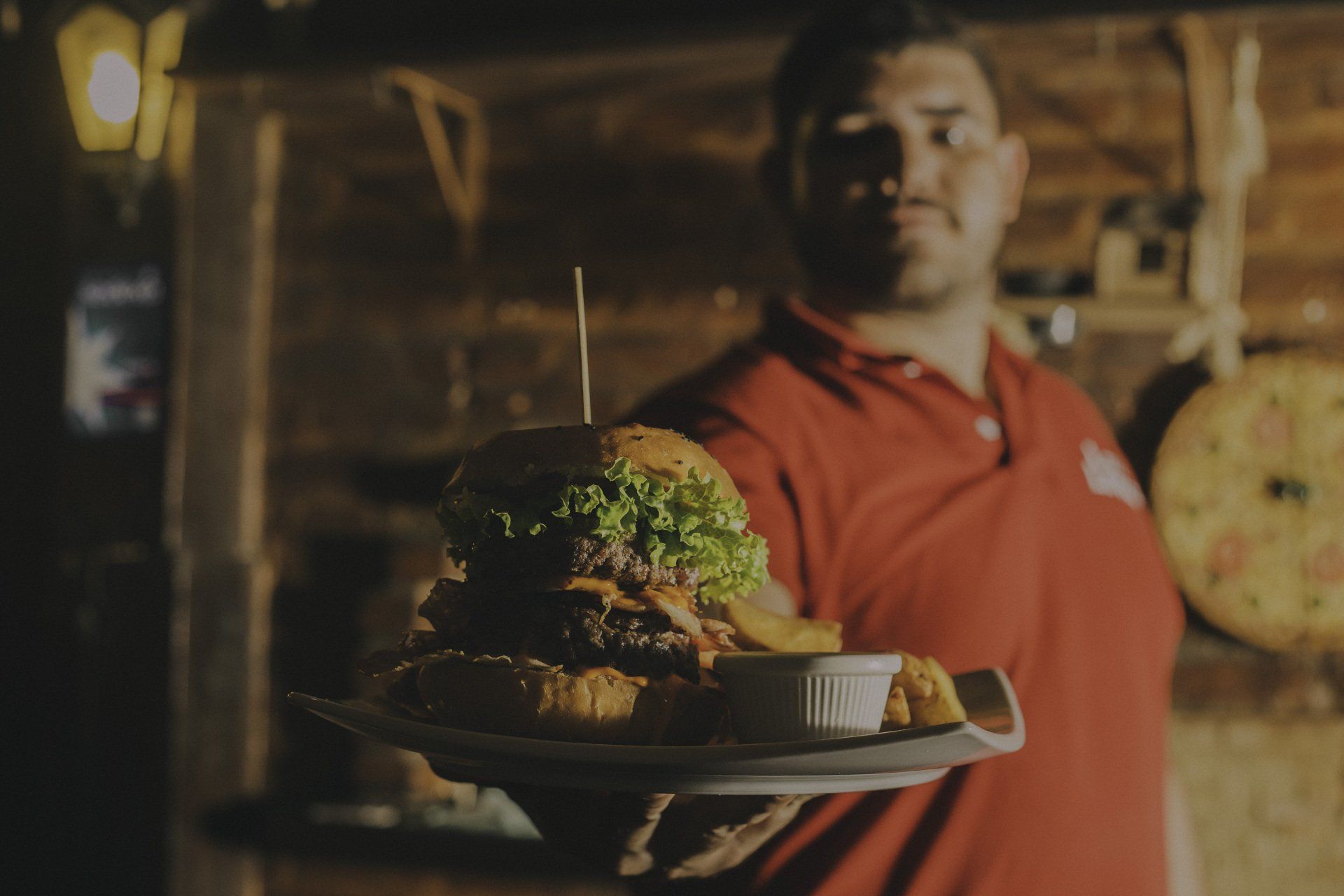Getting Your Small Food Business Off the Ground: Understanding Your Costs
Embarking on the journey of starting a food business is definitely thrilling, especially when your passion for a particular culinary concept is the main focus in your day-to-day thoughts. I often refer to it as the "Lala land stage" (where all you can think of is the fairy tale version of starting your business where no challenges exist), envisioning the success of your venture seems effortless. Whether it's the nostalgic flavors of your ethnic cuisine, a beloved dessert, or the dream of operating a bustling food truck, the key to a thriving food business lies in careful planning and realistic cost projections.
Having collaborated with a number of commercial kitchen food trucks and other mobile food businesses clients, I've observed a common pitfall: overspending (and getting into personal financial debt) due to a lack of understanding about costs and separating personal from business finances. Many entrepreneurs find themselves grappling with the financial strain of extensive menus without a clear comprehension of the associated expenses. This leads to challenges such as insufficiently pricing items to cover production costs and lacking a profitable margin.
Here are crucial considerations when launching your small food business:
- Startup Costs: Determine the initial investment required to launch your business.
- Monthly Operating Costs: Identify recurring expenses your business will incur
- Projected Monthly Revenue: Estimate your expected income.
- Compliance and Tax Costs: Factor in costs related to regulatory compliance and taxes
- Available Startup Capital: Assess the funds you have at your disposal.
- Additional Funding Needs: Determine how much extra capital you’ll require.
- Break-Even Analysis: Calculate the sales needed to cover the costs and break even.
Developing a startup cost projection worksheet aid in understanding the financial landscape of your venture will be beneficial. It provides insights into the costs, your financial contribution, and additional funding requirements. Equally important is creating a 12-month or 2-year monthly projection of revenue and expenses. This serves as a roadmap, indicating the volume of sales needed to cover expenses and achieve profitability.
While these documents are initially estimates, they form a foundation for understanding your business's financial dynamics. Over time, you'll refine your projections based on real-world outcomes. Pay particular attention to determining the cost of production for each menu item and be sure to include overhead. This knowledge enables you to price products effectively, covering expenses and generating profit.
Consider starting with a limited menu to gauge customer preferences before expanding. Regularly review and adjust your projections based on performance, enhancing efficiency and fostering the successful growth of your small food business. Understanding costs, making informed financial predictions, and adapting to market dynamics






Office
808-809-4BIZ (4249)
Email us
Subscribe to our newsletter
Contact Us
We will get back to you as soon as possible.
Please try again later.
All Rights Reserved | Ho‘onui LLC
Hawaii Food industry Web & Marketing Services Provided by Strafford Media





